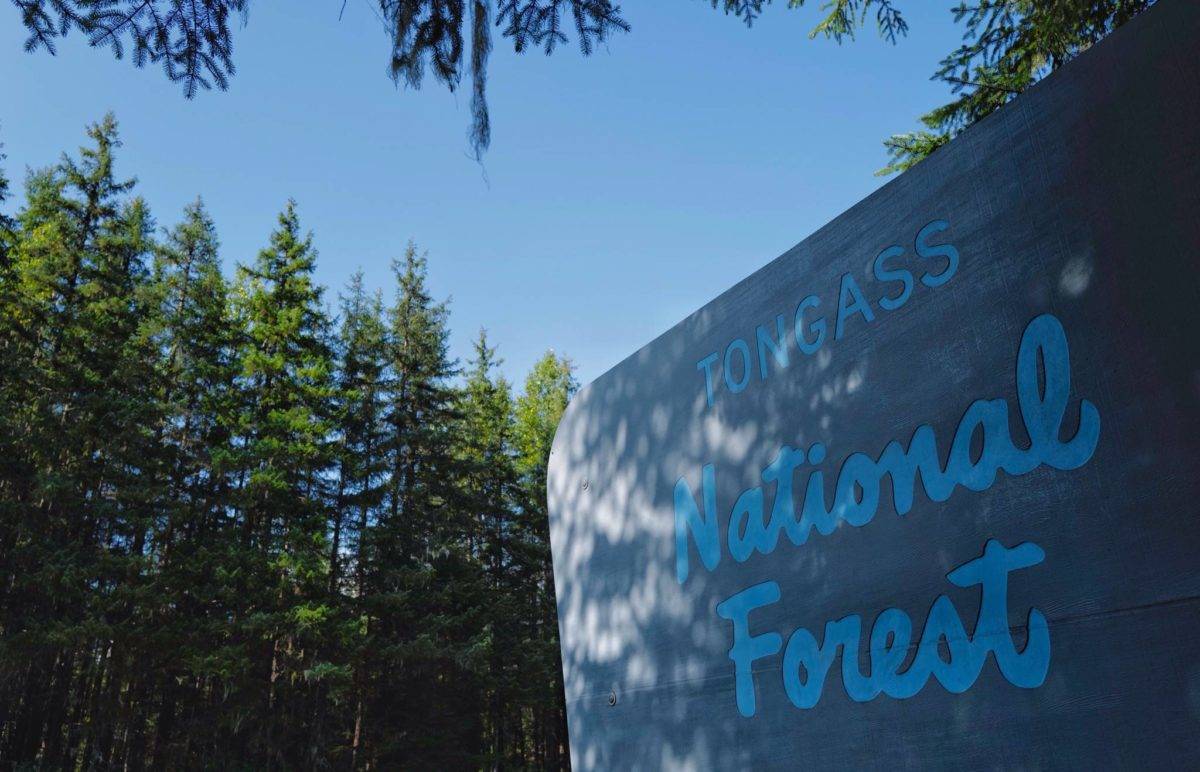By BECKY BOHRER
Associated Press
The U.S. Forest Service is proposing to exempt the country’s largest national forest from a ban on timber harvests and road building in roadless areas, a move conservation groups denounced Thursday.
The U.S. Department of Agriculture, under which the Forest Service falls, announced Thursday the upcoming release of a final environmental review identifying a preferred alternative to exempt the Tongass National Forest from the so-called Roadless Rule. Once the review is released, at least 30 days must pass before a final decision is made.
The Tongass, which covers more than 25,000 square miles in Southeast Alaska, is one of the largest, relatively intact temperate rain forests in the world, and a majority of the Tongass is in a natural condition, “unlike most other national forests,” the Forest Service has said.
The state in 2018, under then-Gov. Bill Walker, asked the federal government to consider the exemption and members of Alaska’s congressional delegation last fall lauded a draft proposal that listed an exemption as a preferred alternative.
[Industry pros say don’t expect a normal tourism season next year —or 2022]
Supporters of the exemption see it as increasing access to federal lands for such things as timber harvests and development of minerals and energy projects. Critics say it could adversely affect wildlife, contribute to climate change and hurt tourism and recreation opportunities.
Randi Spivak, public lands director at the Center for Biological Diversity, in a statement said the federal proposal could pour “gasoline on the inferno of climate change. These towering ancient trees take enormous amounts of carbon out of the air and we need them now more than ever. We’ll do everything possible to keep these magnificent giants standing for centuries to come.”
The U.S. Department of Agriculture said 9.2 million acres, or about 55% of the forest, currently are designated as roadless areas.
Kate Glover, an attorney for Earthjustice, said her organization has long defended the Tongass as part of litigation, “and we will use every tool available to continue defending this majestic and irreplaceable national forest.”

